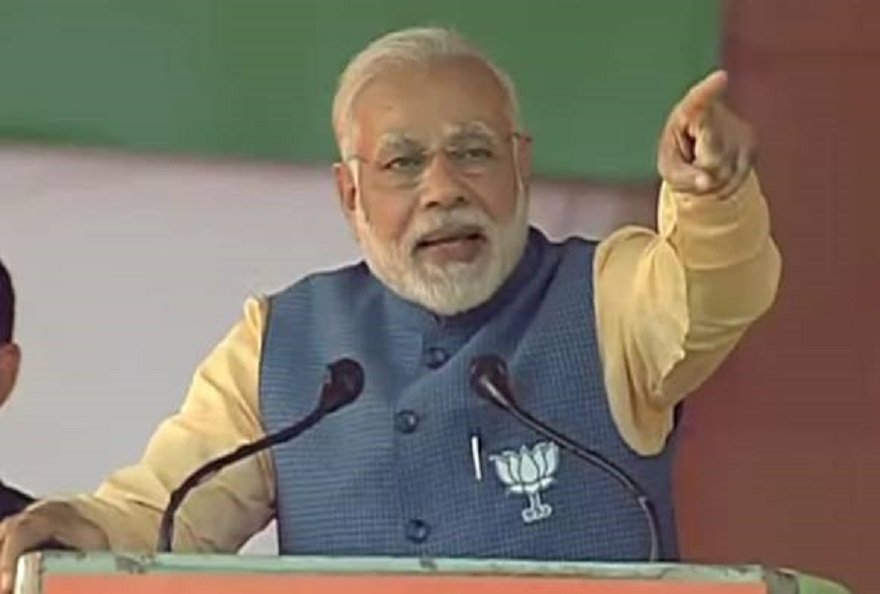The federal indictment, brought by the office of special counsel Robert Mueller, represents the most direct allegation to date of illegal Russian meddling during the campaign that sent Trump to the White House. It also marks the first criminal charges against Russians believed to have secretly worked to influence the outcome.
READ THE FULL INDICTMENT HERE
Though the criminal case does not allege that any American knowingly participated, it nonetheless alleges a vast and wide-ranging Russian effort to sway political opinion during the presidential primaries and general election.
It alleges that Russians working in concert with the Internet Research Agency, a St. Petersburg-based troll farm, purchased Internet advertisements in the names of Americans whose identities they had stolen, staged political rallies while posing as American political activists and paid people in the U.S. to promote or disparage candidates.
The intent of the meddling, the indictment says, was to “sow discord in the U.S. political system, including the 2016 presidential election.”
The indictment arises from Mueller’s investigation into Russian interference in the election and whether there was improper coordination between the Trump campaign and the Kremlin. The charges are similar to the assessment of the U.S. intelligence community, which months after the election described a Russian government effort to interfere on Trump’s behalf.
The Russians’ “strategic goal” was to sow discord, the indictment says, and by early-to-mid 2016 their efforts included supporting Trump’s campaign and disparaging Democrat Clinton. The charges say that Russians also communicated with “unwitting individuals” associated with the Trump campaign and other political activists to coordinate activities.
Trump himself has been reluctant to acknowledge the meddling. His spokeswoman, Sarah Huckabee Sanders, said Friday that Trump had been briefed on the indictment.
The charges are the latest allegations arising from Mueller’s probe and represent the first criminal case against Russians. Before Friday, four people, including Trump’s former national security adviser and former campaign chairman, had been charged.
According to the indictment, the Internet Research Agency started interfering as early as 2014 in U.S. politics, extending to the 2016 presidential election. The defendants, “posing as U.S. persons and creating false U.S. personas,” operated social media groups designed to attract U.S. audiences by stealing U.S. identities and falsely claiming to be U.S. activists.
“Over time, these social media accounts became defendants’ means to reach significant numbers of Americans for purposes of interfering with the U.S. political system,” the indictment reads.
The defendants are charged with conspiring “to obstruct the lawful functions of the United States government through fraud and deceit,” including by making expenditures in connection with the 2016 election, failing to register as foreign agents carrying out political activities and obtaining visas through false and fraudulent statements.
Some of the Russians traveled to the United States “under false pretenses” to collect intelligence, and they also used computer infrastructure based partly in the United States to hide the Russian origins of their work.
The indictment says the Internet Research Agency was funded by Yevgeny Prigozhin, a St. Petersburg businessman dubbed “Putin’s chef” because his restaurants and catering businesses once hosted the Kremlin leader’s dinners with foreign dignitaries. The company was also funded by companies Prigozhin controlled, according to the indictment.
abc7NY

























